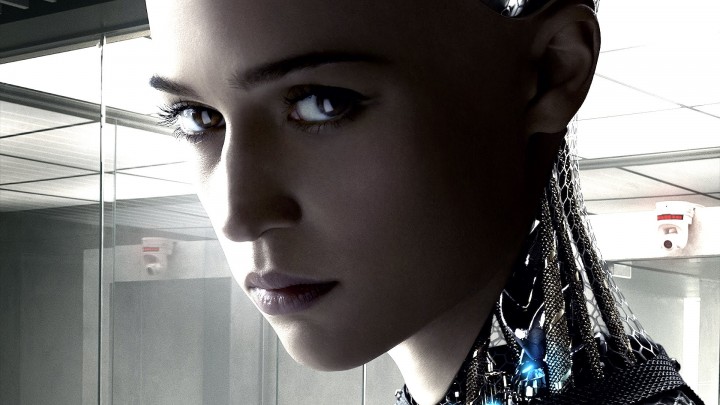“Between men and women there is no friendship possible.There is passion, enmity, worship, love, but no friendship.”
-Oscar Wilde
Is this statement true or false?
Oscar Wilde is one of my favourite authors of all time. That kind of intelligence and wit together with the power to express it in words is nothing but attractive. It’s a shame for women everywhere that he is gay… and dead of course, that’s another complication.







